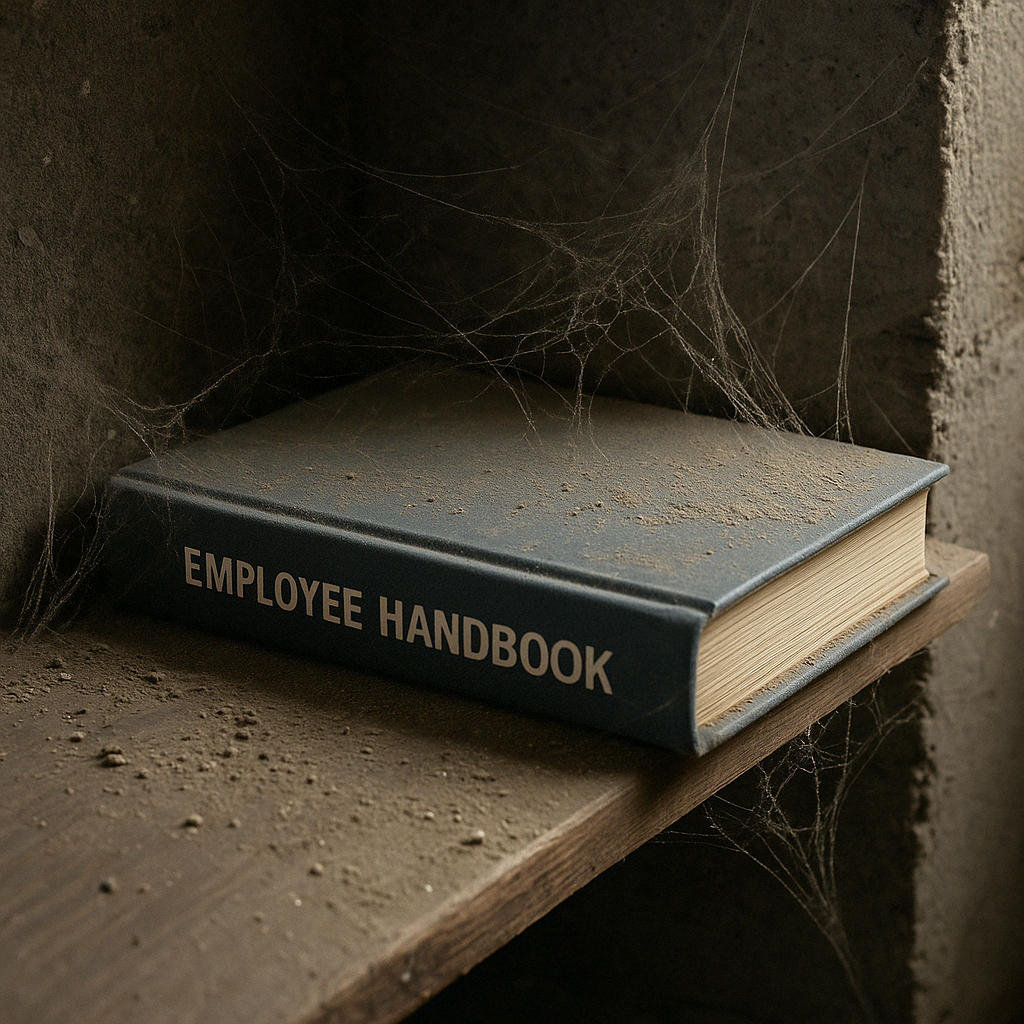For decades, the annual performance review was the gold standard for evaluating employee performance. Managers and employees sat down once a year to discuss goals, achievements, and areas for improvement. While structured and formal, this approach often feels backward-looking, generic, and disconnected from day-to-day performance.
In contrast, continuous performance review offers a modern, dynamic approach. Regular check-ins, real-time feedback, and agile goal tracking allow managers to support employees in the moment — not just at the end of the year. It’s proactive, responsive, and far more aligned with how work is done today. And it’s easier to swap than you think.
Benefits of the Annual Review
The benefits that have been seen from the annual review process are that a formal record of performance is produced, it ties in very easily with pay and promotion cycles, and it encourages preparation and documentation from both sides.
However, these benefits are often outweighed by its limitations. Feedback delivered months after the fact may be irrelevant or too late to correct course. Where an employee does not receive a payrise or promotion, they are likely to resent the annual review process. And a good portion of the time, it is overlooked by managers and supervisors.
Why Continuous Feedback is a Step Up
A continuous feedback model boosts engagement by creating a culture of feedback, strengthens manager-employee relationships through regular dialogue, makes performance management proactive instead of reactive, and increases accountability without waiting 12 months.
In fact, Gallup’s 2025 State of the Global Workplace report found that employee engagement is highly dependent on the quality of feedback received throughout the year – not just annually. With productivity and wellbeing on the line, organisations need to evolve.

Build Better Feedback into Your Culture
The best-performing organisations now favour continuous feedback models that focus on growth, not judgment. Implementing a Continuous Performance Review policy isn’t just a best practice – it’s a competitive advantage.
How to Transition from Annual Performance Reviews to Continuous Feedback.
This won’t be an overnight process, but with planning and forethought you can roll out the new review system with little disruption.
1. Get Leadership Buy-In
Start by aligning senior leaders and managers around the why. Use evidence (like Gallup’s data on engagement and productivity) to show the business case for real-time feedback.

2. Communicate the Change
Clearly explain to all employees:
What’s changing
Why it’s changing
How it benefits them
Use multiple channels (email, meetings, internal comms tools) and be ready to address resistance or confusion.
3. Train Managers
Most managers are trained for annual reviews, not coaching. Provide development in:
Giving constructive feedback
Coaching conversations
Goal-setting and tracking progress
Consider frameworks like Start-Stop-Continue or SBI (Situation-Behavior-Impact) for consistent delivery.
4. Update Policies and Tools
Revise your performance management policy to reflect the new approach (e.g., implement your Continuous Feedback policy).
Also:
Use digital tools for logging goals, feedback, and check-ins
Avoid bureaucratic templates—opt for lightweight, agile formats
5. Roll Out Regular Check-Ins
Set a cadence (e.g. fortnightly or monthly) for manager-employee conversations focused on:
Goal progress
Challenges and support
Wins and recognition
These are informal but consistent—not another layer of admin.
6. Phase Out Annual Reviews (if appropriate)
You don’t have to eliminate annual reviews entirely. Instead:
Use them for summarising the year or pay discussions
Make clear that they’re not the only moment that matters
7. Gather Feedback and Adjust
After 3–6 months, survey staff and managers. Ask:
Is it improving performance?
Are conversations happening?
What needs tweaking?
8. Recognise and Reinforce
Highlight teams or individuals who are doing feedback well. Make it a visible, positive part of your culture.
Add the Performance Review – Continuous Feedback policy to your Employee Handbook today to modernise your workplace and retain top talent.









